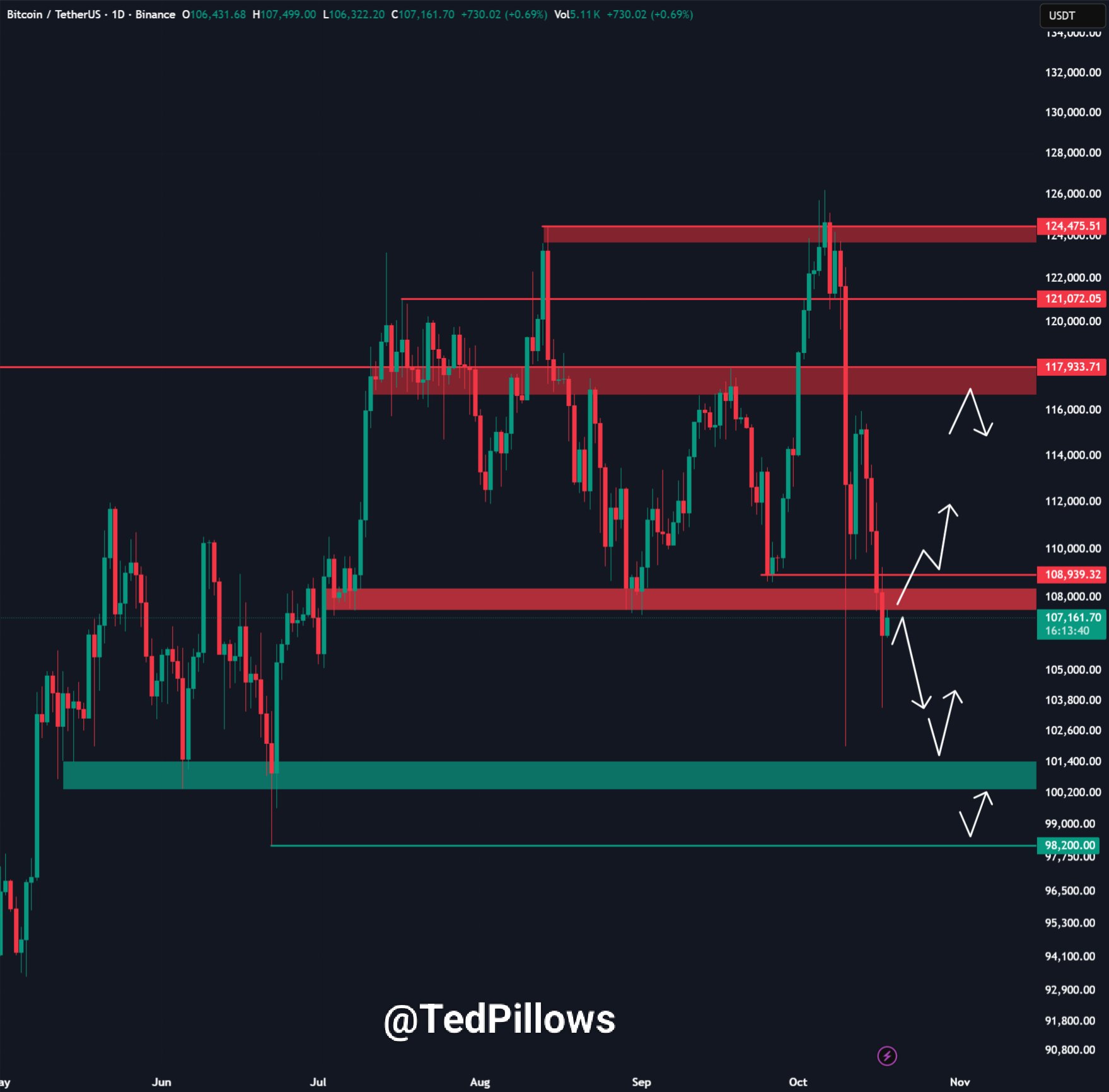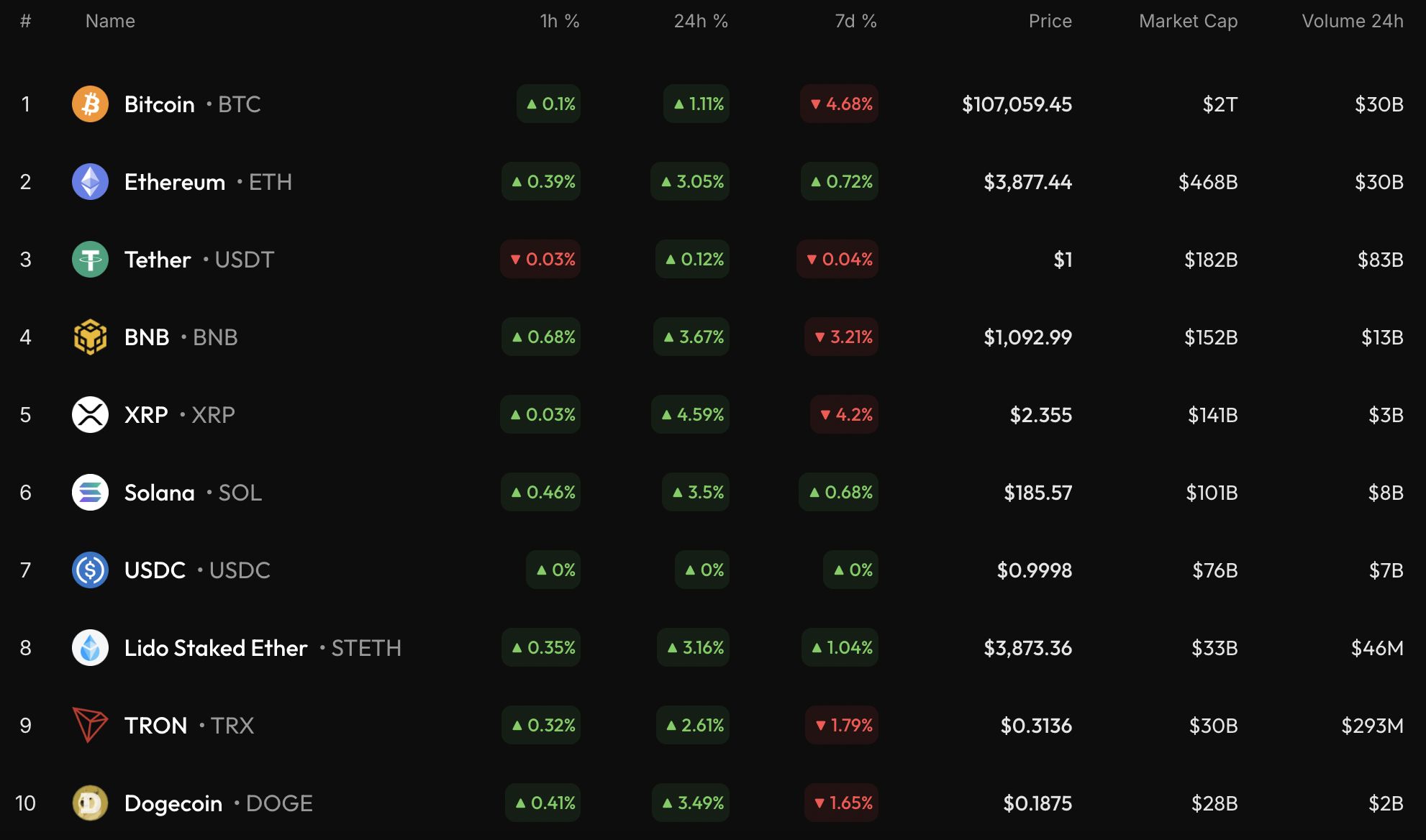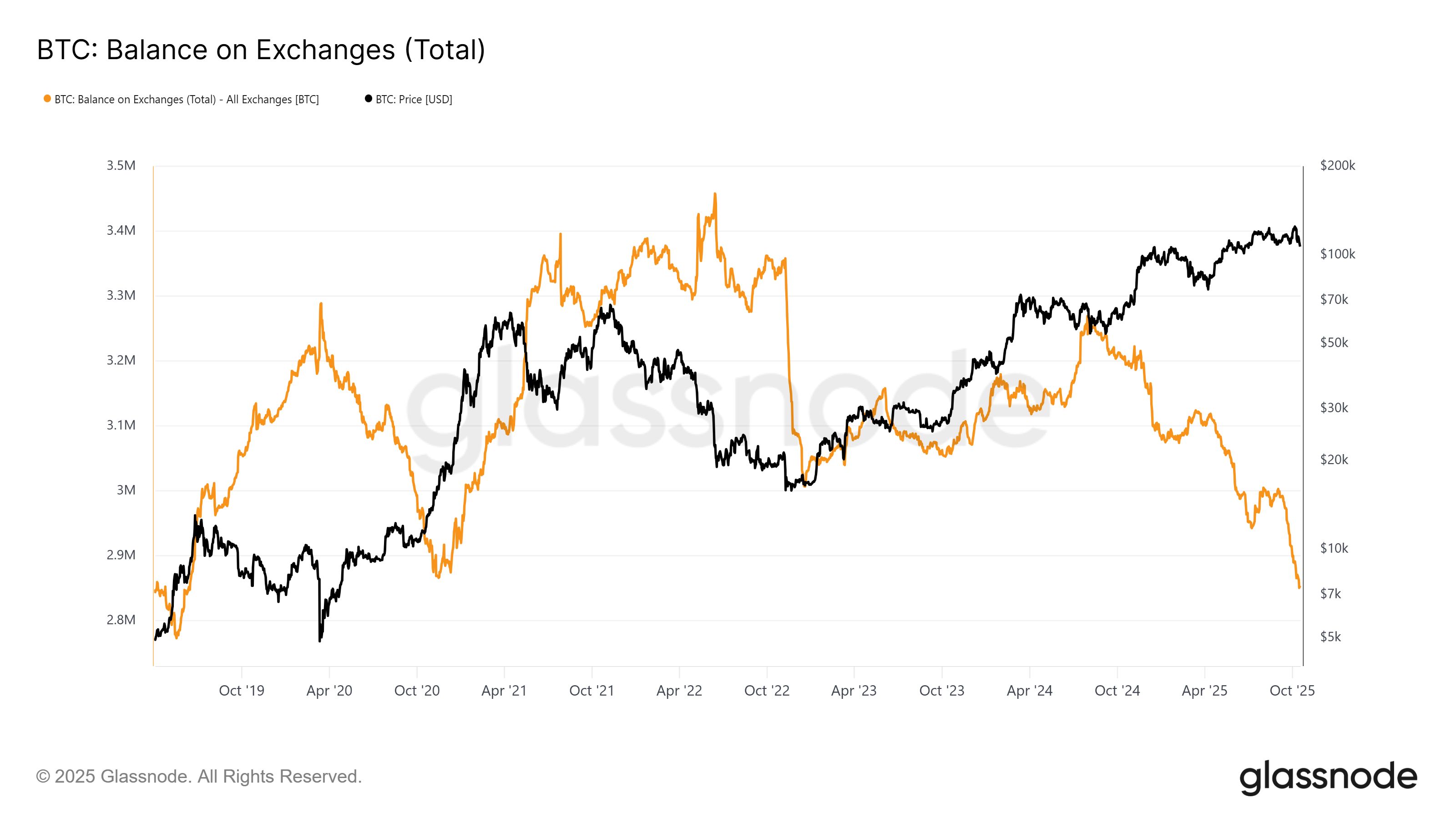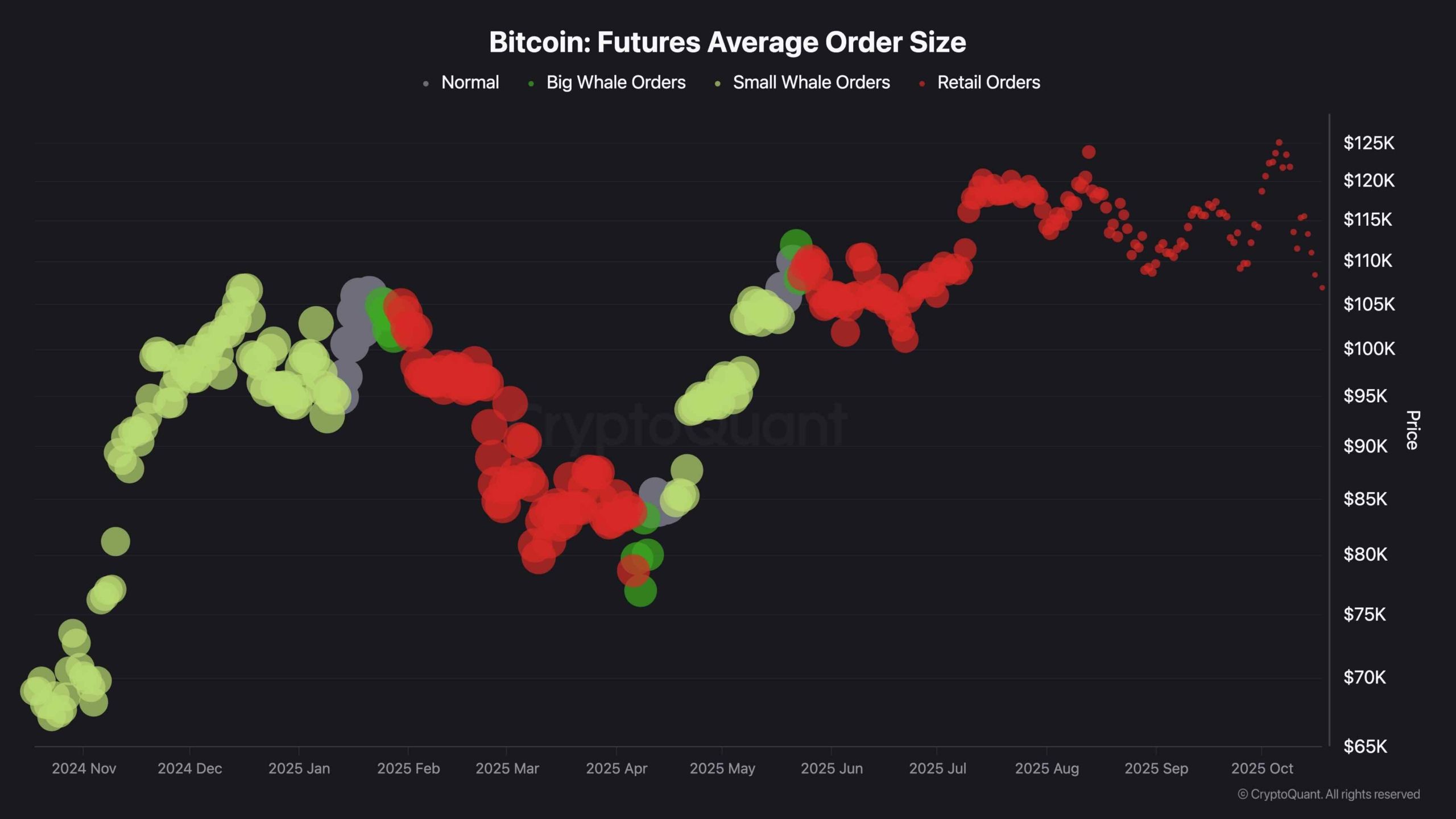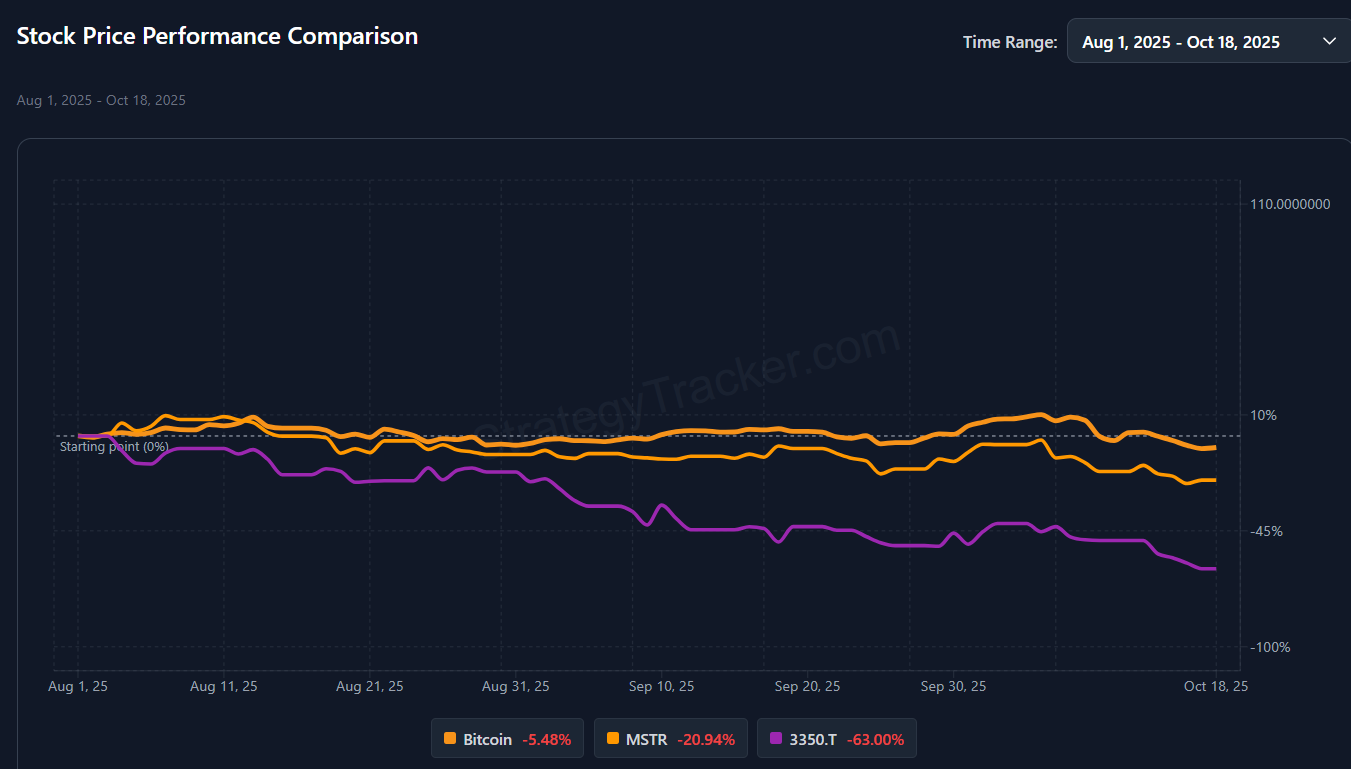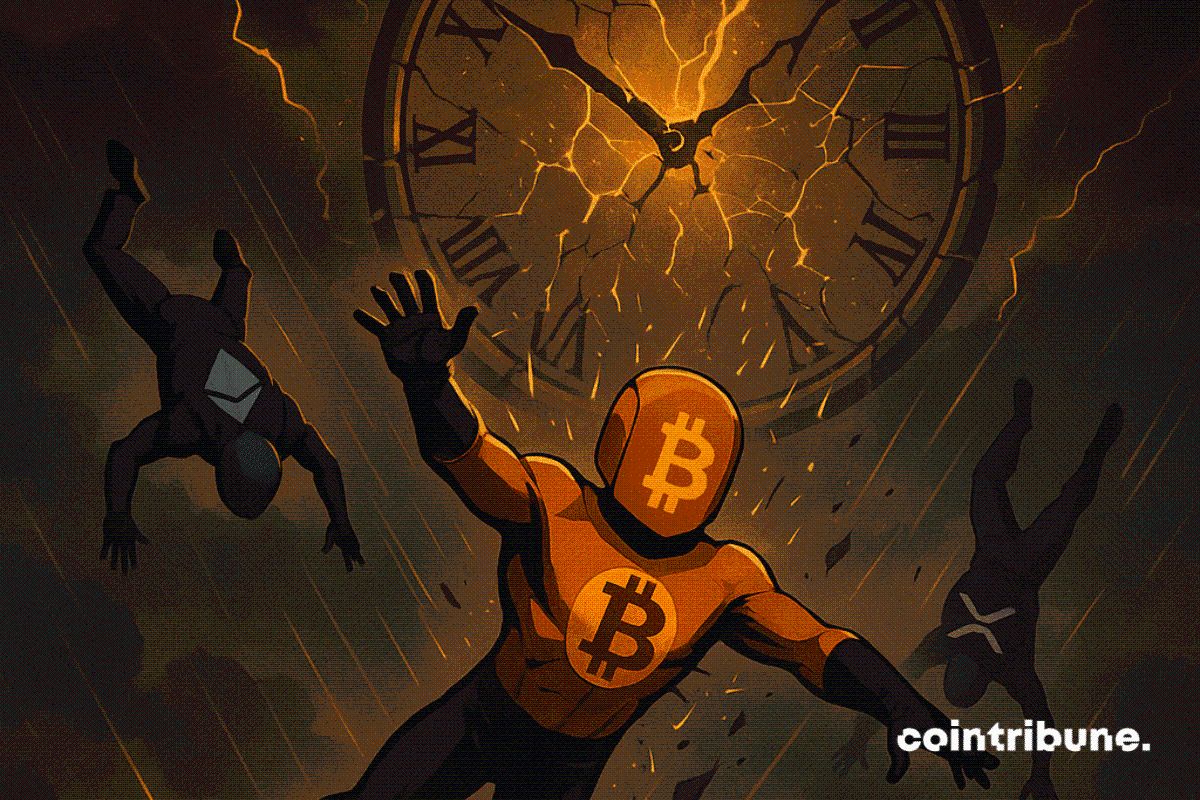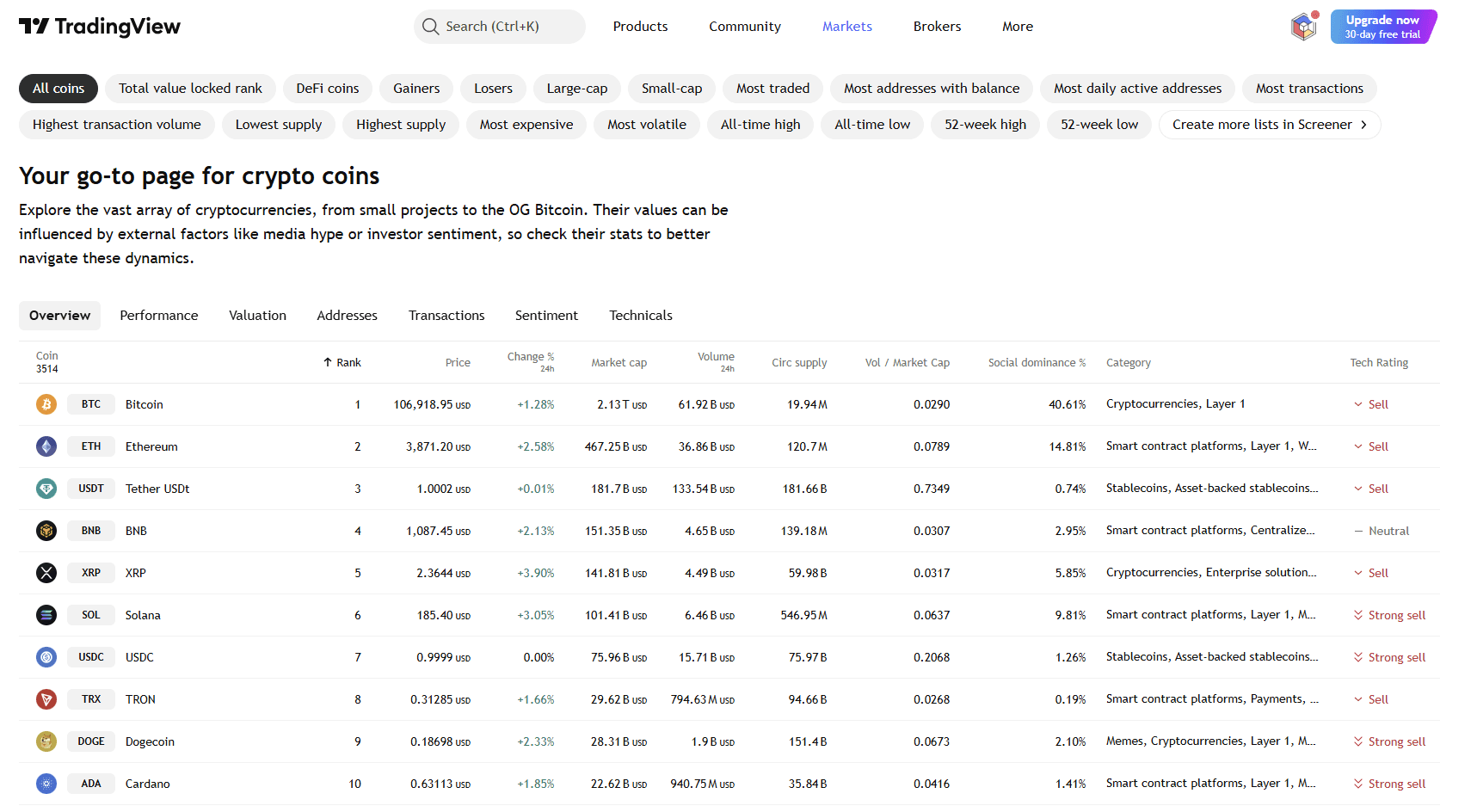Coin-related
Price calculator
Price history
Price prediction
Technical analysis
Coin buying guide
Crypto category
Profit calculator
Bitcoin (BTC) news
News
Updates

Dogecoin Hints at a 2025 Recovery With $0.29 $0.45 and $0.86 in Focus
Cryptonewsland•2025-10-18 21:24
Mainstream coin news
Latest news on mainstream coins
Recently added coin prices
MoreA selection of recently added coins
Trending coin prices
MoreAssets with the biggest change in unique page views on Bitget.com over the past 24 hours
About Bitcoin
Explore the latest Bitcoin news! Stay updated on the latest price movements, market trends, and in-depth BTC analysis.
More BTC resources
Tags:
Mineable
PoW
SHA-256
Store Of Value
More
Bitcoin price prediction
What will the price of BTC be in 2026?
Based on BTC's historical price performance prediction model, the price of BTC is projected to reach $84,419.32 in 2026.
What will the price of BTC be in 2031?
In 2031, the BTC price is expected to change by +10.80%. By the end of 2031, the BTC price is projected to reach $219,275.48, with a cumulative ROI of +89.40%.












